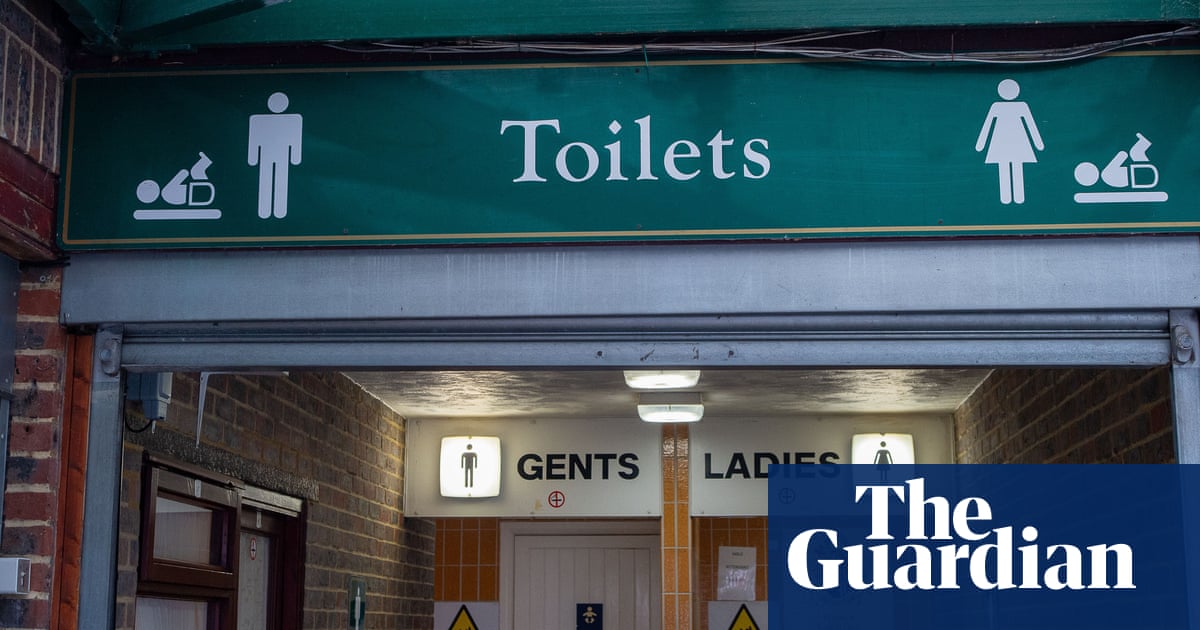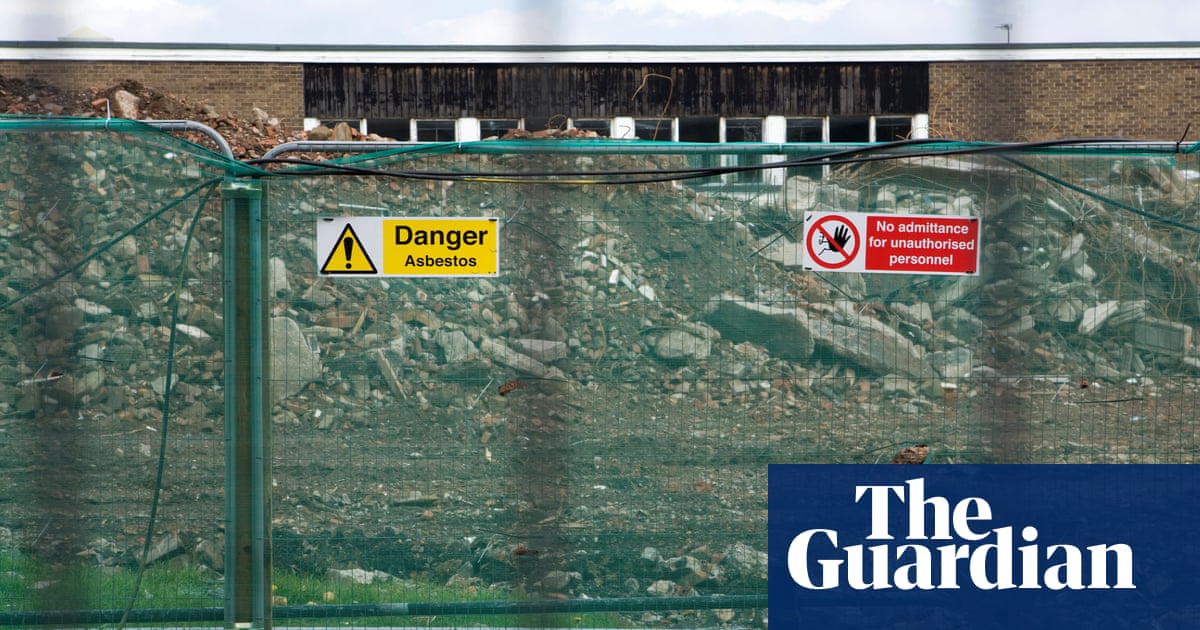
New restaurants, offices, schools and hospitals in England will be required to have separate male and female toilets, in a move ministers say will combat growing concerns about “privacy and dignity” in gender-neutral facilities.
The law will mean newly built non-residential buildings require separate facilities, and cannot solely have “universal” lavatories.
According to ministers, 81% agreed with the intention for separate single-sex toilet facilities in a consultation on the proposals, while 82% also agreed with the intention to provide “universal” toilets – a self-contained, and a fully enclosed toilet room with a wash hand basin for individual use – where space allows.
The government said the new requirements will mean people of all genders have access to facilities, either through a separate single-gender space or a “universal” toilet.
However, the policy has been criticised as being transphobic since it was first proposed in 2021 because it offered no alternative plan for transgender and non-binary people.
Campaigners for trans rights have long argued that gender-neutral toilets can be reassuring for some transgender men and women who fear discrimination in binary toilets.
The equalities minister, Kemi Badenoch, said the move will help combat the rise of gender-neutral toilet spaces, which she said “deny privacy and dignity to both men and women”.
Last week, Badenoch said girls at a school who did not have access to single-sex toilets developed urinary tract infections (UTIs) because they did not want to use gender-neutral toilets.
She asked people to report public bodies that fail to provide single-sex spaces or have policies not in accordance with the Equality Act. She did not name the school or further substantiate the claim.
Badenoch said the move shows the government’s commitment to “ensuring single-sex spaces are protected for all” after plans to overhaul the NHS constitution by limiting the use of gender-neutral wards.
These changes will mean patients in England will have the right to be treated on single-sex wards and transgender people will be treated in single rooms.
In a statement about the legislation, she said: “Today’s announcement will also create better provision for women so that our particular biological, health and sanitary needs are met.
“This is following our work last week limiting the use of mixed-sex wards in the NHS and demonstrates how this government is committed to ensuring single-sex spaces are protected for all.”
The government guidelines for how schools in England deal with transgender and young people require schools to maintain separate toilets and changing facilities for children aged eight years and over, allows staff and students to ignore pronouns preferred by socially transitioning children, and allows for sport and PE activities to be segregated by sex if there are safety concerns.
Colleges are not subject to the same legal requirements, but the ministers said the same considerations about safeguarding should apply.
Housing minister Lee Rowley said the legislation will help ensure the “right facilities” are in place “for everyone”.
A statement said: “We know all members of society value safety, privacy and dignity, and this new legislation will help ensure the right facilities are in place for everyone.
“It is vital that new buildings, particularly in public spaces, are serving the community with [the] right toilet provision.”
Mermaids, an LGBTQ+ charity, has responded to government proposals about gender-specific toilets.
A statement on its website said: “We hear that trans, non-binary and gender-diverse people are too often not made to feel welcome, or even safe when using toilet facilities. It is unacceptable that any child should be made to feel this way.
“All children, including those who are trans, non-binary and gender-diverse, should be able to access the toilet that makes them feel respected and affirmed.
“We want a future whereby every young person can choose a toilet with freedom and autonomy; for some this would be a gender-neutral toilet and for others it would be a gender-specific toilet.”












